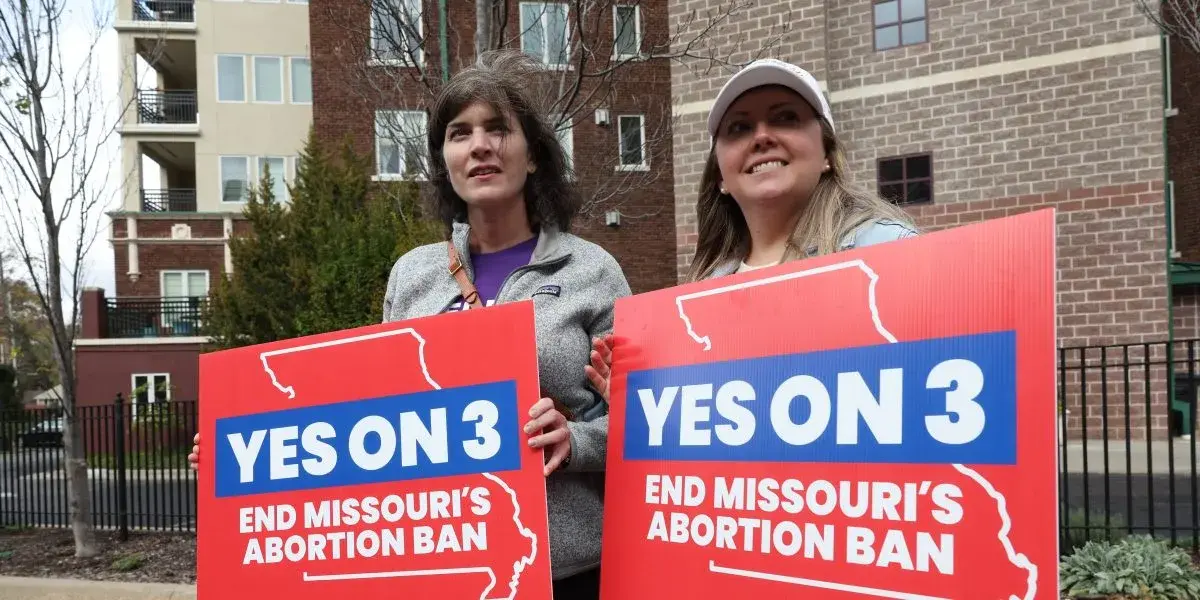

the repetitive tasks that turn any job into a grind are prime candidates
The problem is, this varies from person to person. My team divvies (or did, I quit not too long ago) up tasks based on what different people enjoy doing more, and no executive would have any clue which repeating tasks are repetitive (in a derogatory way), and which ones are just us doing our job. I like doing network traffic analysis. My coworker likes container hardening. Both of those could be automated, but that would remove something we enjoy from each of our respective jobs.
A big move in recent AI company rhetoric is that AI will “do analyses”, and people will “make decisions”, but how on earth are you going to keep up the technical understanding needed to make a decision, without doing the analyses?
An AI saying, “I think this is malicious, what do you want to do?” isn’t a real decision if the person answering can’t verify or repudiate the analysis.

























In any kind of public, widespread platform/ venue, I agree with you 100%. Discussing whether the US is a moral entity at its root is not something you do on CNN or even Facebook, because it is going to be weaponized by the Right to paint you as anti-US to the politically-disengaged Center, and also to justify their unconstitutional actions as being less harmful via whataboutism.
I don’t think Beehaw- a small, intentionally Leftist space- is equivalent. No one here is going to say, “hmm, maybe Trump ignoring the constitution is the same as people discussing whether a document that first enshrined slavery and then sustained it in a carceral system, is capable of reformation. Makes sense.” Nor is anyone outside this space reading or broadcasting it. And there does have to be space for free political discussion somewhere, or you’ve just abdicated free speech out of fear of politicization.
This presupposes that the form of democracy it will move “back” towards will be the same as where it was before all this. There is no reason to think that will be the case, and certainly major political events of the past in the US (Civil War, Civil Rights movement, WW2, 9/11, etc) have often included large constitutional shifts either through amendment or interpretation. This is certainly a major political event.
We could go on a tangent about whether political capital is real, and whether (if it is) we are capable of returning to where we were before even if we wanted, but suffice it to say that many people would likely disagree with the premise that we can ever perfectly revert to pre-2024 Election America. A lot of people (even in the Center) believed that our checks and balances under the Constitution would prevent a dictator. Now that we’re seeing otherwise, I highly doubt most Democrat voters will ever again fully trust the Constitution to protect them, without serious amendment.
So discussing what those amendments might be, how that reform could work, or whether those protections are even possible to regain via the Constitution without e.g. giving congress or the judiciary enforcement abilities (or via some other means entirely), seems like a pretty important discussion for people to be having.